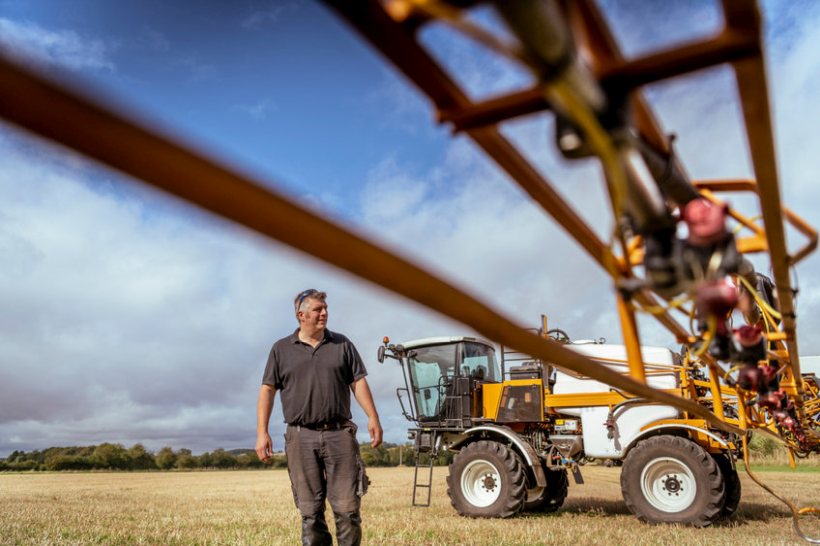
Farmers and farm workers are being encouraged to get checked for early signs of cancer as part of a new UK-wide campaign.
The 'nip it in the bud' campaign provides a range of resources about cancer, directed specifically at farming businesses, Young Farmers’ Clubs and others.
Some details are focused on specific cancers that farmers can be more at-risk of developing, such as skin cancer, prostate cancer or lung cancer.
It is being spearheaded by the Farming Community Network (FCN) and Macmillan Cancer Support, who aim to raise awareness of cancer risks and signs.
Farmers and people living in rural areas can have lower access to cancer services and support due to the nature of their work and rural life, often in isolated areas.
Alex Phillimore, of the FCN said: “Some of the signs and symptoms of cancer - such as prolonged pains, tiredness and fatigue - can be missed or overlooked as being ‘part of the job’ in farming.
"A lack of time or availability of services, particularly in rural areas, can also make it difficult to speak to a GP.
“However, we know that the sooner we ‘nip it in the bud’ and get checked, the sooner we can find out if something is wrong – and if someone is to receive a cancer diagnosis, the sooner they can undergo treatment.
"We hope this campaign will encourage people to be more familiar with the early signs of cancer, and to take the necessary steps to get checked."
Dr Barry Pizer, who is a consultant oncologist, said the campaign was important for the farming industry.
He said: "[It] aims to stress to farmers the importance of visiting their GP if they find any lump or develop any unusual symptoms.
"The chances are it won’t be cancer but if it is, earlier diagnosis will increase the chances of it being cured, and will mean less invasive treatment.”
Aside from the campaign, the FCN has launched a survey to help it better understand current cancer service provisions in rural areas.
